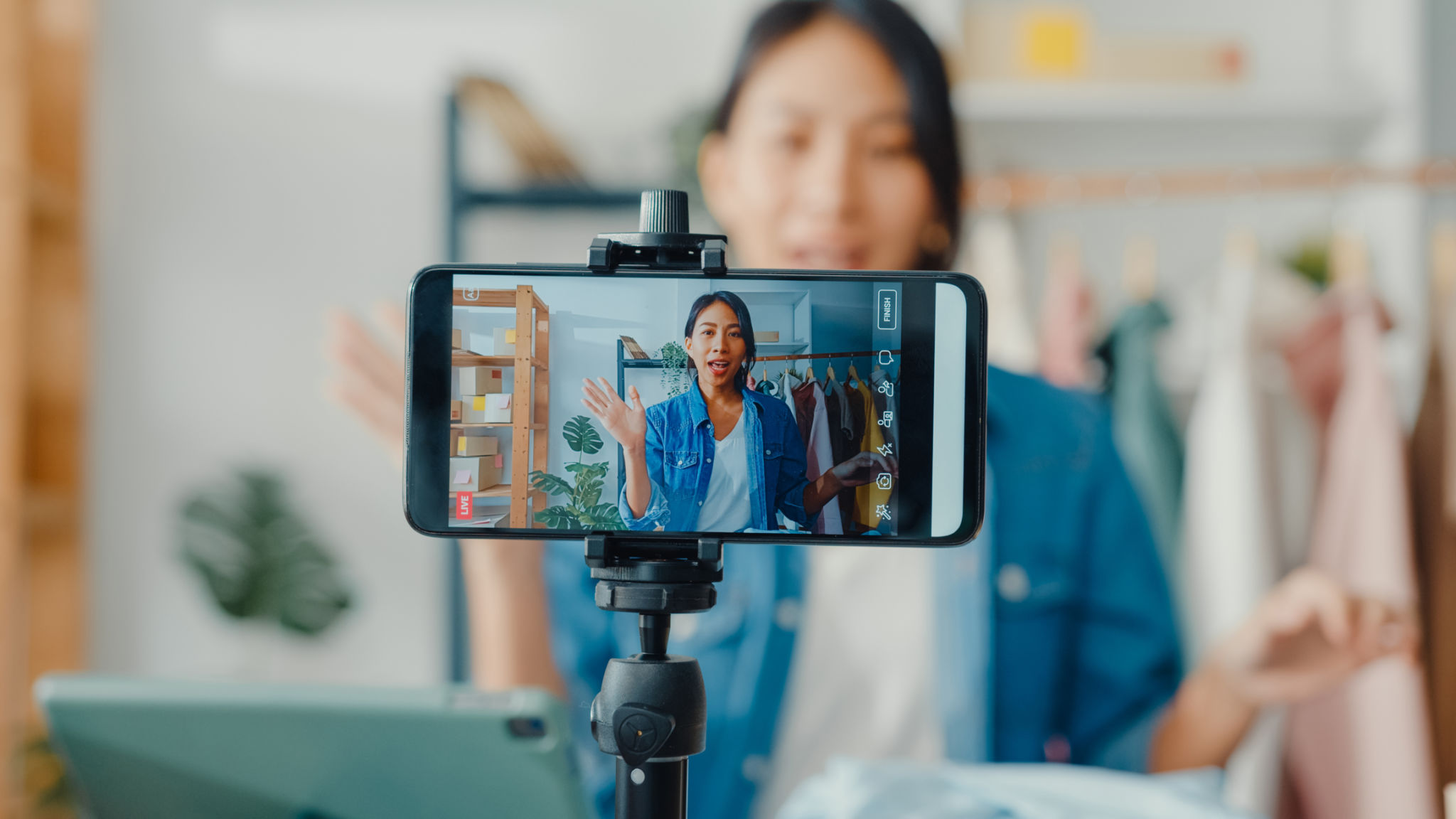The Evolution of Social Media and Influencer Marketing: What You Need to Know
The Rise of Social Media
In the early 2000s, social media platforms began to emerge, transforming the way people connect and communicate. Platforms like MySpace and Friendster laid the groundwork for what would become an integral part of our daily lives. Today, social media is a powerful tool that influences trends, behaviors, and even the global economy.
As platforms evolved, they became more sophisticated, offering users more than just a place to share personal updates. With over 4.5 billion active users worldwide, social media is now a crucial channel for businesses to reach their audiences, build brand awareness, and engage with consumers.

The Birth of Influencer Marketing
Influencer marketing emerged as social media grew in popularity. Initially, the focus was on celebrities with massive followings. Brands realized the potential of leveraging these individuals to promote products and services. However, as the industry matured, influencers with smaller, niche audiences started gaining traction.
Micro-influencers, with their highly engaged followers and authentic content, became valuable partners for brands looking to connect with specific demographics. This shift allowed even small businesses to utilize influencer marketing effectively, leading to a more democratized and accessible market.
The Impact of Algorithms
Algorithms play a pivotal role in the dynamics of social media and influencer marketing. Platforms like Instagram and Facebook use complex algorithms to determine what content users see. This has forced influencers and brands to adapt their strategies continuously.

Understanding these algorithms is crucial for success in influencer marketing. Consistent engagement, quality content, and strategic posting times are essential factors that influence visibility and reach. As algorithms evolve, staying informed and adaptable is key for anyone looking to thrive in this space.
Trends Shaping the Industry
Several trends are currently shaping the landscape of social media and influencer marketing. Video content has become increasingly popular, driven by platforms like TikTok and Instagram Reels. These short-form videos allow influencers to create engaging content that resonates with audiences quickly.
Moreover, authenticity has become a cornerstone of successful influencer marketing campaigns. Audiences crave genuine connections and transparent communication, making it essential for influencers to maintain trust with their followers. This has led to a rise in user-generated content, where audiences actively participate in campaigns.

The Future of Social Media and Influencer Marketing
Looking ahead, the future of social media and influencer marketing is promising yet unpredictable. Emerging technologies like augmented reality (AR) and virtual reality (VR) are set to revolutionize how content is created and consumed. These technologies offer immersive experiences that can enhance engagement and provide new opportunities for brands.
Additionally, as privacy concerns grow, platforms are likely to implement stricter data protection measures. This will impact how brands collect data and measure campaign effectiveness. Staying ahead of these changes will be crucial for marketers aiming to harness the full potential of social media and influencer marketing.
Conclusion
The evolution of social media and influencer marketing has been remarkable, offering endless opportunities for brands and influencers alike. By understanding current trends, leveraging new technologies, and maintaining authenticity, businesses can navigate this dynamic landscape successfully.
As we move forward, embracing change and innovation will be key to thriving in the ever-evolving world of social media. Whether you're a seasoned marketer or just starting out, staying informed and adaptive will ensure you remain competitive in this exciting industry.
